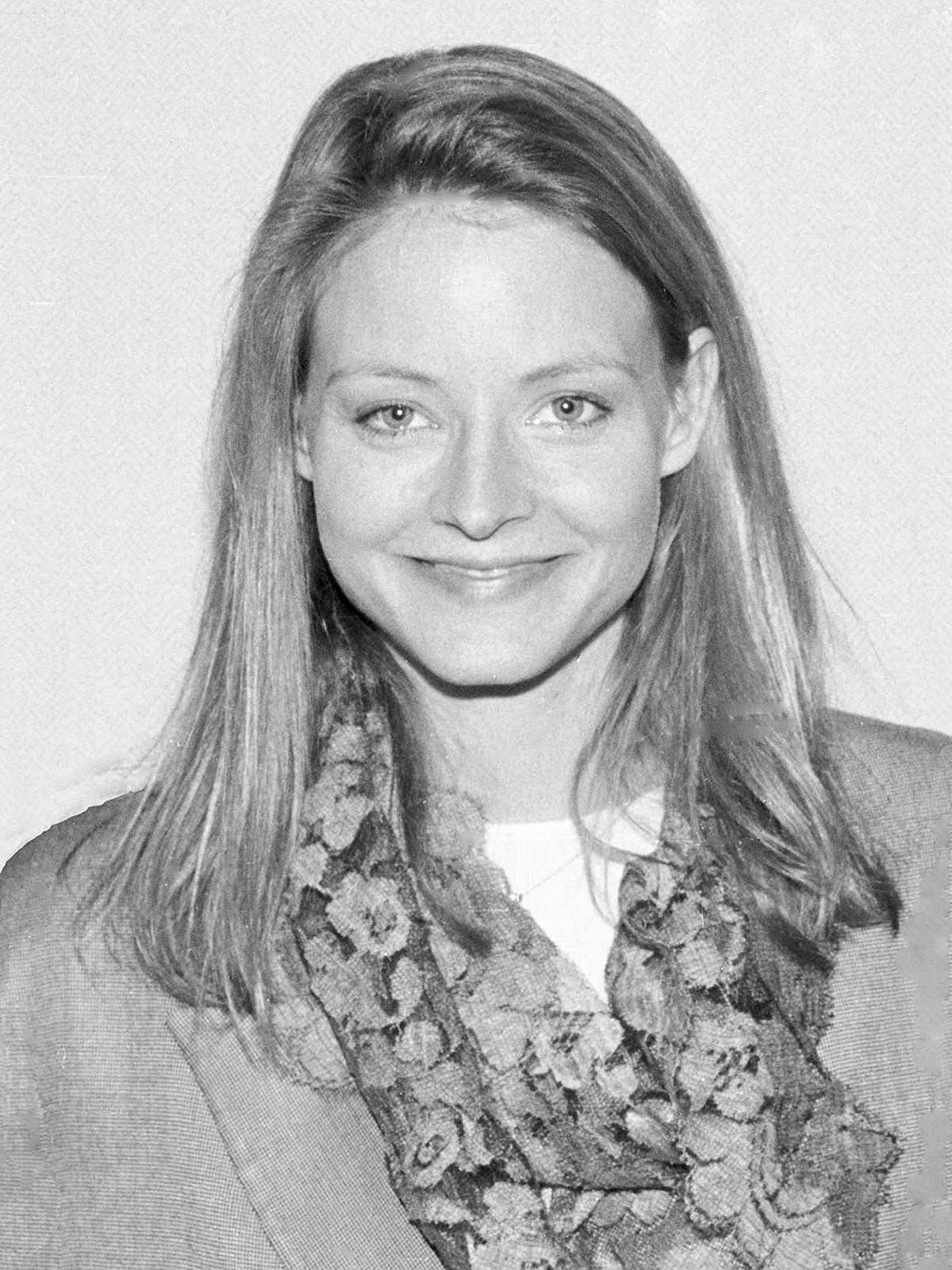
- Golden Globe Awards
Out of the Archives (1991): Jodie Foster on Women Directing
Jodie Foster spoke with HFPA journalists in 1991 about directing her first movie, Little Man Tate.
“The thing about directing is that it is so intense, it takes such a long period of time and so much energy, that to have that kind of focus for over two years, you have to really love something and understand it absolutely from the ground up. Acting is more spontaneous; it’s about allowing yourself to be free in a context that may or may not speak of your experience. I can’t imagine ever giving up acting, I’ve done it my whole life, but there is a side of directing that is in some ways more completely stimulating. It’s an entirely different experience to know that you’re being rewarded because the whole film came out of a dream of yours and that each character, each prop, each color is somehow a reflection of you. “
“I recognize that I’m one of the luckier women in Hollywood, because I do have 25 years of the industry behind me and a certain amount of clout, based on my relationships, and I know who the players are. So, I will never have the same path as somebody who’s just starting out with some wonderful ideas. But what I would say to anybody wanting to become a director is to not lose sight of their vision, because it’s the one thing that actually ensures you a little bit of success, not saying ‘the audience will love this,’ but ‘this is what I believe in, so that’s what I will fight for.’ “
“For women directors, it’s a question of timing really, for any minority creeping up into the hierarchy, it takes a certain amount of years between the time when women actually got into film schools and when they come to directing. Penny Marshall directed a movie that made millions of dollars, Big with Tom Hanks so that certainly allowed other women to come up, and it was a big help to me as well. The movie industry is like a corporation and there have to be financial incentives for any kind of process against sexism, for women to have a more celebrated place in the industry. “
“And in order to change the history of sexism or the history of racism, it’s very important to address the issue of female directors and Black directors. But, on the other hand, can a Black director tell the story of an American White family? Absolutely. Can somebody like Kathryn Bigelow make an action blockbuster about people gunning each other down like Point Break? Absolutely. Can a man have a female sensibility and be entitled to it? Yes, Jonathan Demme, who directed The Silence of the Lambs, has a feminine sensibility.”
“I certainly am a feminist, and I don’t think that there’s anything wrong with that. I just believe that women should be equal, I don’t see any difference between feminism and humanism, in the same way, that I don’t see any difference between loving kids and loving human beings. I was raised and educated in an era where humanitarian values were upheld, when I was going to school, the cool people were the humanitarian people, and that meant that you fought for those who were left out. And I don’t think that’s as apparent these days, I’m looking for great American leaders and I see very few.”

